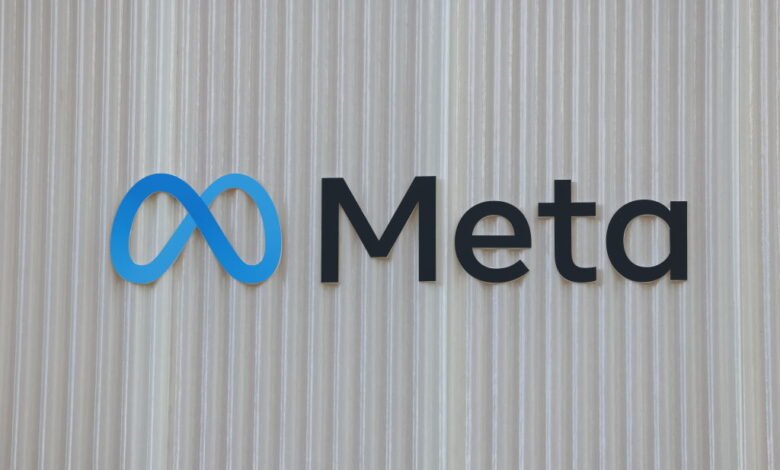Meta Pauses AI Hiring After Aggressive Recruiting Spree

▼ Summary
– Meta has frozen hiring in its AI organization following a recent restructuring that split the unit into four new groups.
– The hiring freeze began last week and follows Meta’s recent poaching of over 50 AI researchers and engineers from competitors.
– Meta confirmed the freeze as part of organizational planning after onboarding new hires and completing annual budgeting.
– CEO Mark Zuckerberg has aggressively pursued top AI talent, personally offering nine-figure pay packages and acquiring startups or their leadership.
– Analysts warn that rising stock-based compensation costs from these talent wars could threaten shareholder returns.
Meta has implemented a temporary hiring freeze within its artificial intelligence division, a move that follows a recent restructuring of the unit and an intense period of recruitment from rival firms. The decision, first reported by The Wall Street Journal, comes after the company successfully attracted more than 50 AI researchers and engineers from competitors in recent weeks. This pause in hiring reflects a period of internal reorganization and budget assessment as the company adjusts to its expanded workforce.
The freeze took effect last week, though its duration remains unspecified. Meta recently reorganized its AI operations, splitting the former Meta Superintelligence Labs into four distinct groups. These include TBD Labs, led by former Scale AI founder Alexandr Wang, along with teams dedicated to research, product integration, and infrastructure. A company representative described the hiring halt as part of routine organizational planning, noting it follows the onboarding of new personnel and coincides with annual budgeting processes.
Meta CEO Mark Zuckerberg has been aggressively pursuing top talent in the artificial intelligence field, personally reaching out to leading researchers and engineers with compensation packages reportedly reaching nine figures. The company has also acquired several AI startups or recruited their key leaders outright. This aggressive expansion strategy, however, has raised concerns among financial analysts who warn that rising stock-based compensation expenses could eventually impact shareholder returns.
(Source: TechCrunch)





